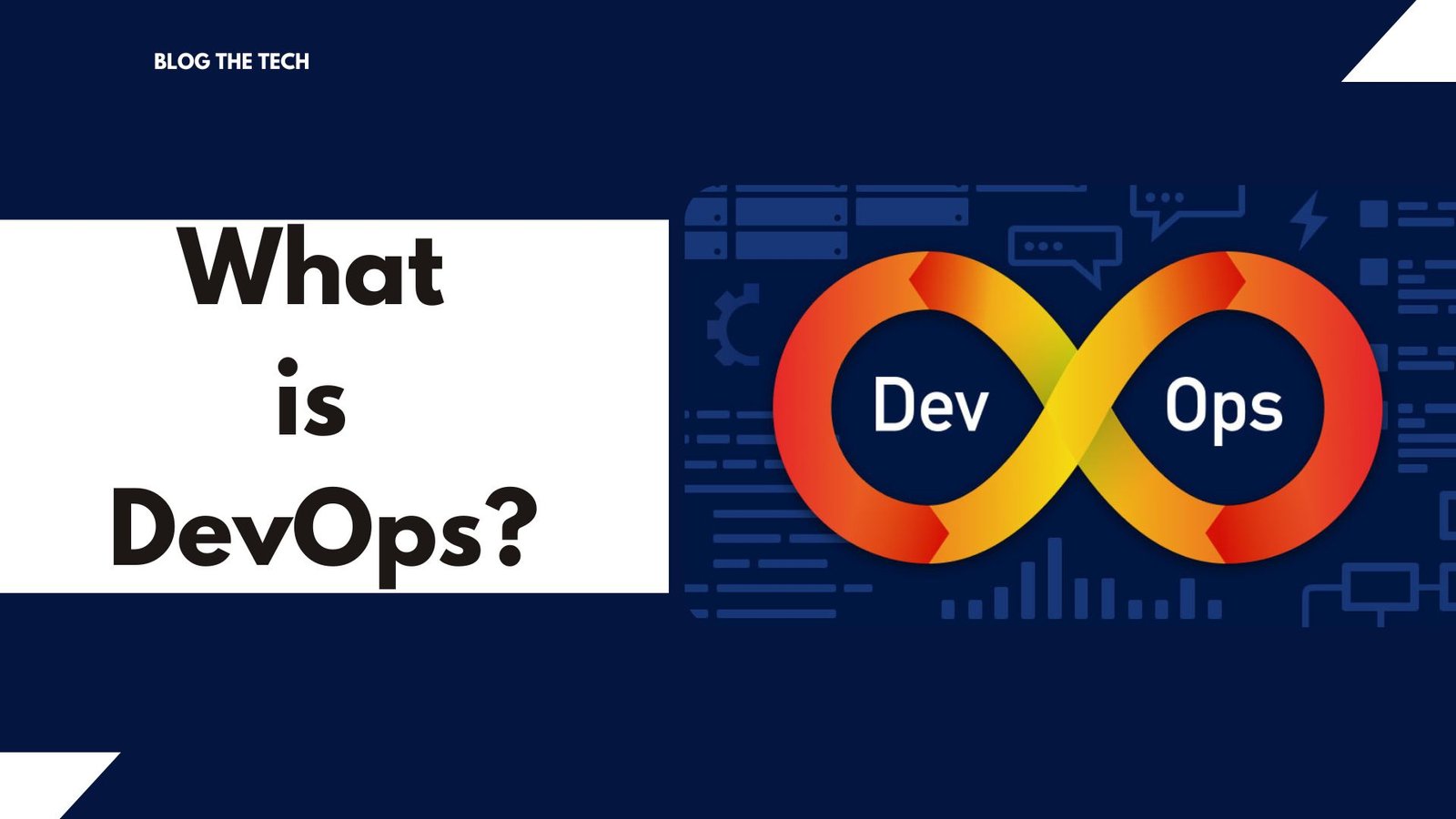In recent years, the programming language Scala has gained much traction. With its focus on functional programming, scalability, and high performance, it’s no surprise that developers are flocking to this powerful language.

But is Scala right for your project? In this blog post, we will explore the advantages and disadvantages of Scala. We’ll look at its pros and cons in terms of features, scalability, and more so that you can make an informed decision. So let’s dive into the world of Scala!
What is Scala?
Scala is a JVM-based programming language that combines functional and object-oriented programming. It was created by Martin Odersky and released in 2003.
Scala is a statically typed language, meaning that the type of a variable must be known at compile time. This can make code more difficult to write but also make it easier to refactor and optimize.
Scala has many features that make it attractive to developers, including its concise syntax, powerful type system, and rich libraries. However, Scala has some drawbacks, such as its complex type system and slow compile times.
The Different Types of Scala
There are several different types of Scala, each with its advantages and disadvantages. The most common type is Standard Scala, a statically typed language that runs on the Java Virtual Machine (JVM). It includes both object-oriented and functional programming features.
Another type of Scala is the Scalaz library, which adds extra functional programming features to the Standard Scala. Finally, there is the Play Framework, a web application framework written in Scala.
Each type of Scala has its pros and cons. Standard Scala is very versatile and can be used for various applications. However, it can be tricky to learn due to its complex syntax.
Scalaz is less widely used than Standard Scala, but it has many powerful functional programming features that make it ideal for certain tasks.
The Play Framework is relatively easy to use and helps developers create high-quality web applications quickly. However, it does not offer as much flexibility as other frameworks.
Advantages of Scala
Scala is a powerful programming language that offers many advantages over other languages. Here are some of the most notable advantages of Scala:
- Scala is very concise and expressive. It allows you to write code that is more readable and easier to maintain.
- Scala has excellent support for functional programming, which can lead to more efficient and reliable code.
- Scala runs on the Java Virtual Machine (JVM), which means it can use all the existing Java libraries and frameworks. This makes Scala an ideal choice for companies with a significant investment in Java infrastructure.
- Scala is highly scalable in terms of its syntax and ability to run on distributed systems. This makes it an excellent choice for building large-scale applications.
Disadvantages of Scala
There are a few potential disadvantages of using Scala for software development projects. First, Scala is a relatively new language, so there is less developer support and fewer libraries available compared to more established languages like Java.
This can make it difficult to find experienced Scala developers and to get help when you’re stuck on a problem. Additionally, because it runs on the Java Virtual Machine (JVM), Scala can be slower than languages like C++.
Finally, Scala’s syntax can be complex and challenging to learn, especially for developers from a Java or JavaScript background.
Is Scala the right choice for you?
When deciding if Scala is the right choice for you, it is essential to consider the size and complexity of your project. Scala might not be the best choice if you are working on a small project with a limited set of requirements.
However, if you are looking to build a large and complex software application, then Scala could be a great choice.
Scala is also an excellent choice for those working with large datasets, as it is incredibly efficient at handling data manipulation tasks.
Another critical factor to consider when evaluating whether Scala is the right choice is your experience level.
Scala is a complex language that requires a strong understanding of object-oriented and functional programming concepts.
Therefore, if you are a beginner, it might be best to start with a more accessible language, such as Python or Java. However, Scala could be a great choice if you have some experience under your belt.
Finally, it is worth noting that Scala is an open-source language, meaning that it is free to use and comes with a wealth of community resources.
This makes it easy to find tutorials and documentation to help you get started with Scala programming. Additionally, several libraries and frameworks are available to help you build robust applications quickly and easily.
Some companies and projects that are using Scala include:
- Twitter: Twitter uses Scala for its streaming API and for data analysis.
- Netflix: Netflix uses Scala to power its Recommendation Engine.
- LinkedIn: LinkedIn uses Scala to process large amounts of data.
- Foursquare: Foursquare uses Scala to write its server code.
- The Guardian: The Guardian uses Scala to power its online content management system.
Conclusion
In conclusion, Scala is a precise language for developing software and applications. It has many advantages, making it an excellent choice for developers looking to increase their productivity and efficiency.
However, like all programming languages, some drawbacks should be considered before deciding to use them. Ultimately, whether you decide to learn Scala or not depends on your personal preferences and requirements.





